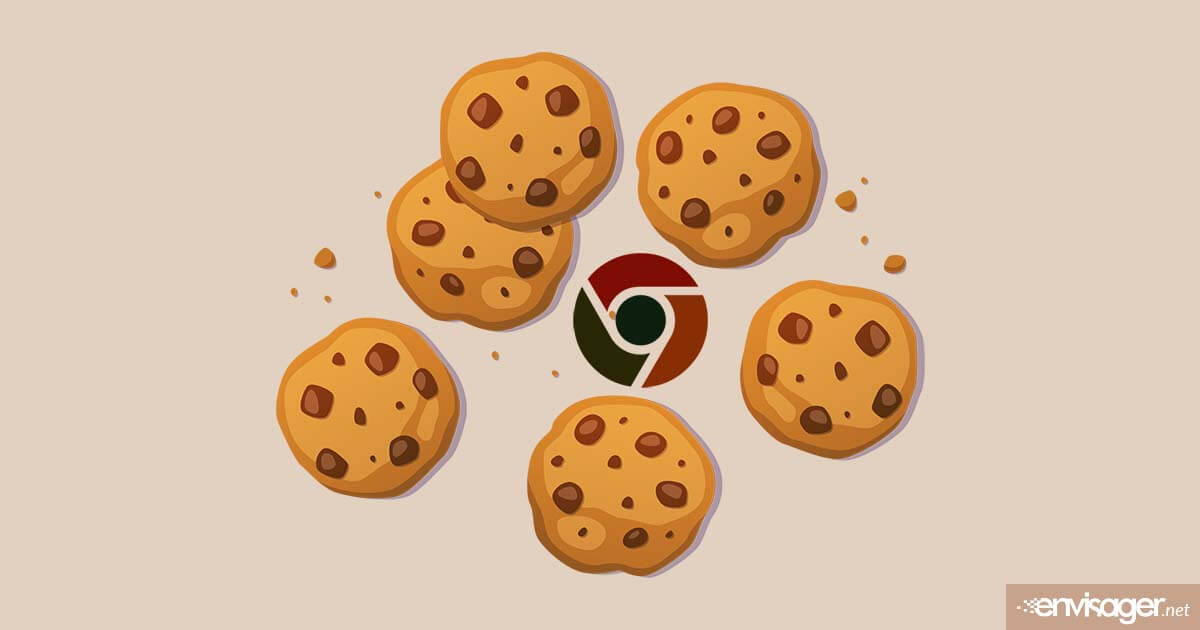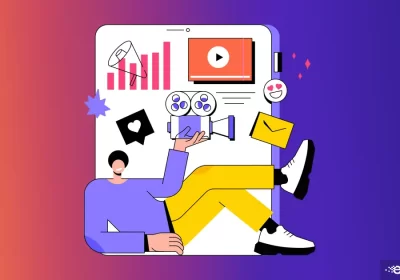Google Phasing Out Third-Party Cookies In Chrome 2024

To give businesses more time to adjust their marketing strategies, Google has delayed phasing out third-party cookies in Chrome until 2024.
We’re nearly through the first quarter of 2023. The race is on for marketers to ensure they have Google Analytics 4 in place by the end of June. As such, the old UA will be sunset on July 1st. Consequently, there’s a pressing need for businesses to make sure Google Analytics 4 is configured and working. Businesses need to track the right metrics and continue collecting necessary data to inform their digital strategies.
But Google Analytics 4 is not the only major change coming. Google phasing our third-party cookies in Chrome is another trending topic. This will be a huge change for the advertising industry. On the other hand, brands get a great opportunity to restrategize how they interact with their audiences. Currently, Chrome has 65% of the browser market. So that means 65% of the global web traffic will not be cookie enabled.
In this blog post, we’ll cover what sunsetting Google third-party cookies in Chrome means for businesses. And how to enhance marketing strategies without the personalization level currently offered by third-party cookies.
What Are Cookies? And What Are They Used For?
Cookies are small snippets of code sent to your web browser by a website you visit. Companies use them to track your activities online. But they also help a website recall information about your visit. Know your language preferences or keep you logged in.

Sounds like a good thing from a user experience perspective, right? Not always.
Difference Between Good Cookies vs Bad Cookies
So how do you tell the difference? Since we’re talking about cookies, let’s use a food analogy.
You know how there are good and bad cholesterol? First-party cookies are like good cholesterol (HDL). HDL carries cholesterol to your liver where it’s removed from your bloodstream before it builds up in your arteries. Site owners use website cookies to remember what’s in a cart, maintain sessions, etc.
Bad cholesterol (LDL), however, takes cholesterol directly to your arteries. This can result in plaque buildup which can cause a stroke or heart attack. In the digital world, intrusive third-party cookies work like bad cholesterol. In some case, they can even threaten consumer privacy.
How? Because they’re often delivered without consumer consent, these third-party cookies can mask privacy concerns. Moreover, some cookies follow you from one site to the next. This allows third-party businesses you haven’t shared your data with to track where you go online.
Devising A New Data Strategy
Being that Google is sunsetting third-party cookies in Chrome, you need a new strategy. In order to keep providing personalized content to audiences, businesses must devise a better way to segment their customers. They also need to understand customers’ preferred channels and purchases they’ve made. Not to mention, topics of interest. Some things your business could do are:
- Deploy surveys to learn about your audience’s needs.
- As a lead generation strategy, you can enrich your customer database by capturing opt-in emails.
- If you use WordPress to power your website, consider tools like PureClarity. Tools such as this enable you to design personalized experiences across multiple channels based on customer data shared with you.
- Obviously, be transparent about how your business uses cookies.
Website owners have options too. For instance, consider cookie alternatives like Google’s Privacy Sandbox and web IDs.
We Can Help
When it comes to managing consumers’ data, consumers demand more transparency from brands. But they also expect an intuitive and personalized digital experience. Moving forward, effective personalization will depend on the data customers are willing to share. For this reason, building consumer’s confidence will be become even more critical.
We can help you set up personalized content without third-party cookies. Take a look at our content marketing and SEO services to learn more about how we can help you.

Gregory Meyer
DIGITAL MARKETING DIRECTOR
Gregory is the Analyst & Digital Marketing Director at Envisager Studio. His data collection is an important part of each client’s unique website design and social media strategy. In his spare time, he writes about web design analytics, social media, visual marketing, and social influence.


